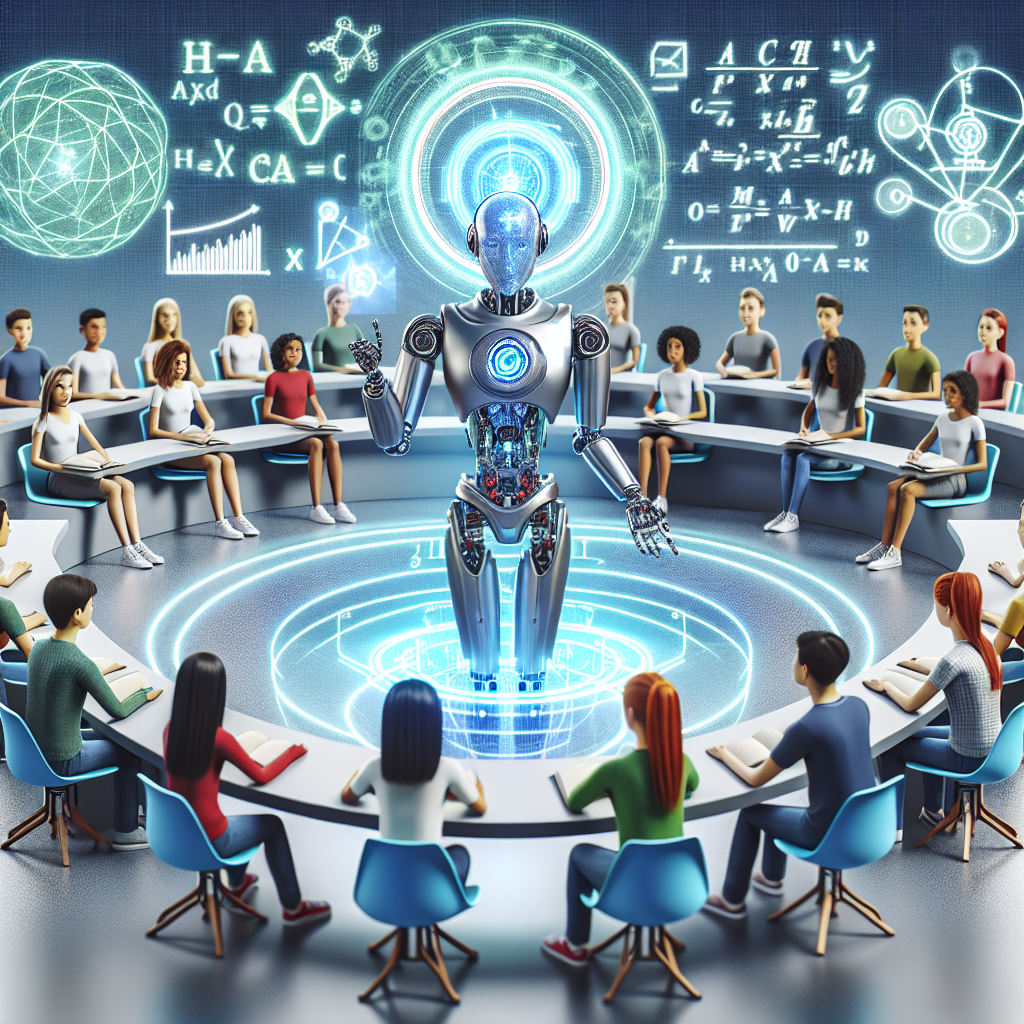The Future of AI Deployment in Education
Artificial Intelligence (AI) has been making significant strides in various industries, including education. With the advancements in technology and the increasing demand for personalized learning experiences, AI is expected to play a crucial role in the future of education. From improving student engagement to providing personalized feedback, AI has the potential to revolutionize the way students learn and teachers teach.
One of the key areas where AI is expected to make a big impact in education is in personalized learning. AI algorithms can analyze student data and provide personalized recommendations based on individual learning styles and preferences. This can help students learn at their own pace and in a way that best suits their needs. For example, AI-powered tutoring systems can provide real-time feedback and support to students as they work through assignments or study materials.
Another area where AI can be beneficial in education is in grading and assessment. AI tools can automate the grading process for multiple-choice questions, freeing up teachers to focus on more meaningful tasks, such as providing personalized feedback to students. AI can also analyze student performance data to identify areas where students may be struggling and provide targeted interventions to help them improve.
AI can also be used to enhance the overall learning experience for students. For example, AI-powered virtual reality simulations can provide students with immersive learning experiences that are more engaging and interactive than traditional classroom instruction. AI can also be used to create personalized learning pathways for students, guiding them through the curriculum in a way that maximizes their understanding and retention of the material.
In addition to personalized learning and grading, AI can also be used to improve the efficiency of administrative tasks in education. AI-powered systems can automate routine administrative tasks, such as scheduling, attendance tracking, and resource allocation, freeing up teachers and administrators to focus on more important tasks. This can help schools and educational institutions operate more efficiently and effectively.
Despite the potential benefits of AI in education, there are also challenges and concerns that need to be addressed. One of the main concerns is the potential for bias in AI algorithms. If AI systems are trained on biased data, they may perpetuate and even exacerbate existing inequalities in education. It is important for developers and educators to be aware of these biases and take steps to mitigate them.
Another concern is the potential impact of AI on the role of teachers. While AI can be a valuable tool for teachers, there is a fear that it may replace human teachers altogether. However, many experts believe that AI will augment rather than replace teachers, freeing them up to focus on more meaningful tasks, such as providing personalized support and guidance to students.
Overall, the future of AI deployment in education looks promising. With the potential to improve personalized learning, grading and assessment, and administrative tasks, AI has the potential to revolutionize the way students learn and teachers teach. By addressing concerns around bias and the role of teachers, AI can be a valuable tool for enhancing the overall learning experience for students.
FAQs
Q: Will AI replace teachers in the future?
A: While AI has the potential to augment the role of teachers by automating routine tasks and providing personalized support to students, it is unlikely to replace teachers altogether. Human teachers play a crucial role in providing emotional support, guidance, and mentorship to students, which AI cannot replicate.
Q: How can AI be used to enhance the learning experience for students?
A: AI can be used to provide personalized learning experiences for students, analyze student performance data to identify areas where students may be struggling, and create immersive learning experiences through virtual reality simulations. By tailoring the learning experience to individual student needs, AI can help students learn more effectively and efficiently.
Q: What are some of the challenges and concerns with AI deployment in education?
A: Some of the main challenges and concerns with AI deployment in education include bias in AI algorithms, the potential impact on the role of teachers, and the need for proper training and support for educators. It is important for developers and educators to be aware of these challenges and take steps to address them in order to ensure the responsible use of AI in education.

